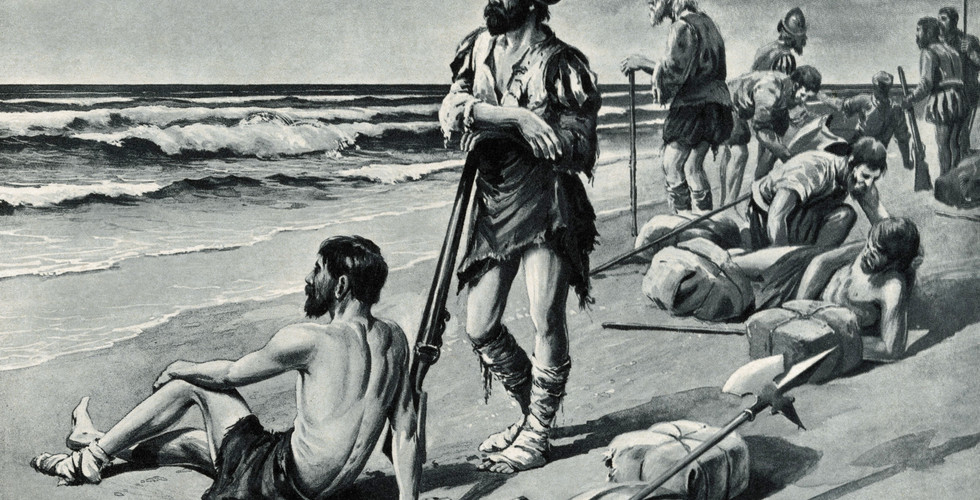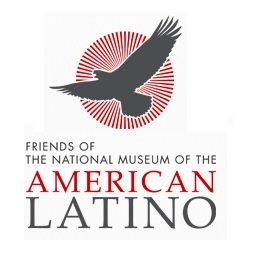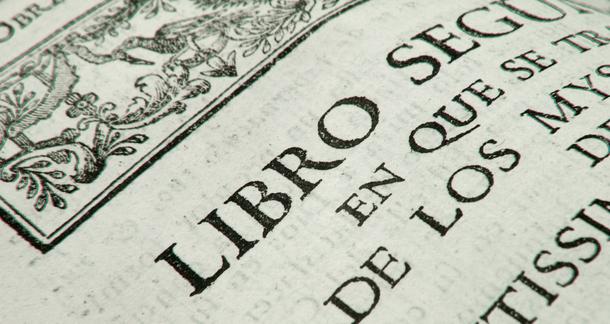Is Hispanic Heritage Month Becoming Anachronistic?
- Leonardo Olivares in the Rio Grande Guardian

- Sep 13, 2020
- 3 min read
Updated: Aug 20, 2021

2045. That is when America will no longer have an ethnic majority. Will we still need a Hispanic Heritage Month 25 years hence? What of Black History Month? Gay Pride? White Pride? Hold that thought a second.
Today, America’s dominant Anglo-Saxon culture, through schools, legends and institutions, has inculcated us with its idealized version of history. Well enough, as is expected of any nation or culture.
Lost, however, are the significant stories of Latinos and other peoples. Let’s a quick jaunt through an “alternative” American past.
The Spanish in America
Ab initio, Hispanic heritage is Spanish America. Growing up, Americans learn that the sun never sets on the British Empire, but the first global empire was established by the Spanish and Christopher Columbus (ie, the Anglicized Cristobal Colon) in 1492.
Our earliest memories include Thanksgiving meals in homage of the Pilgrims’ 1620 foray into a new world. School also teaches us about English settlements in Jamestown (1607) and the lost colony of Roanoke (1585). But yet again, the first European settlement in what would be the United States was established 20 years earlier by the Spanish in San Agustin, Florida (ie, the now Anglicized St. Augustine) in 1565.
The Spanish also had a lost colony. In 1520, Panfilo de Narvaez was en route to Mexico in search of Hernan Cortez, when several Spaniards and their African slaves abandoned the expedition near Penitas, Texas and settled among the native Caleros. These Spaniards and Blacks arguably are the first European and African settlers of North America.
Narvaez also is the first European to explore the North American continent via La Florida in 1528.
But before finishing the Thanksgiving turkey, we need to sample the guacamole and tostadas. Twenty-two years before the Pilgrims broke bread, in 1598 Juan de Onate and 500 Spaniards joined natives in thanks after their arduous trek through a sunbaked Chihuahuan desert into El Paso, Texas and the American Southwest.
And, the first revolt against Europeans in North America was not by American colonist against the British in 1776, but rather Pueblo Indians against the Spanish in 1680.
A Time and a Place for Latinos
This additional American history is lost or marginalized in the traditional Anglocentric narrative of the United States. The Smithsonian’s proposed National Museum of the American Latino would provide a venue for these stories. Hispanic Heritage Month reserves a moment for Latinos to share their art, foods, tunes, dialects and cultures with the American family.
Though “celebrating diversity” has become a cliché, the museum and the month do enrich everyone and strengthen America. These are opportunities for Americans, as well as many Latinos, to learn about Hispanic heritage.
Demographics change, and history is revealed
But, will America need a Hispanic Heritage Month in 2045 or White Pride Month in 2060? Perhaps.
By design, Hispanic Heritage Month ends after Columbus Day to honor his “discovery” of the Americas. Yet, a more complete account of his voyages and the ensuing genocides has tarnished his legacy and toppled his standing in history -- figuratively and literally.
Hispanic History Month is not revisionist history, nor alternative facts. Instead it is more inclusive of other Americans and thereby a more complete, and ultimately a more accurate, account of all Americans. It aggregates, by no means does it (nor should others) seek to exclude the accounts of other peoples or make any claims of superiority.
The dispositive factor in designating a White Pride Month should be whether White culture and history becomes lost in the growing rich diversity of the American melting pot.
But what is White? Latinos are considered White. Let’s save this one for another time!
Original in the Rio Grande Guardian (September 14, 2020); The Monitor (September 21, 2020).


























Comments